 NOAA Reminds Beachgoers That Rip Currents Can Be a Threat
NOAA Reminds Beachgoers That Rip Currents Can Be a Threat
Heading to the beach for summer vacation? NOAA is urging beachgoers to learn how to “Break the Grip” of rip currents before getting into the water. Rip currents are a deadly threat — accounting for more than 80 percent of lifeguard beach rescues.
Rip currents are narrow channels of fast-moving water that pull swimmers away from the shore. They can occur at any beach with breaking waves, including the Great Lakes.
Moving at speeds of up to eight feet per second, rip currents can move faster than an Olympic swimmer and can easily overpower a victim. Panicked swimmers often incorrectly swim straight back to shore — putting themselves at risk of drowning because of fatigue.
If caught in a rip current, don’t fight it! Swim parallel to the shore and then swim at an angle – away from the current – toward shore.
“We have a constant education campaign about rip currents since many people visit the beach infrequently and may be unfamiliar with this leading surf hazard,” said Timothy Schott, meteorologist with NOAA’s National Weather Service Marine and Coastal Branch in Silver Spring, Md. “This year, we have developed bilingual English-Spanish signs to reach a wider audience with life-saving instructions on how to break the grip.”
"Rip currents can be killers. The United States Lifesaving Association estimates that the annual number of deaths due to rip currents on our nation's beaches exceeds 100,” said Peter Davis, president of the Gulf Coast Region of the United States Lifesaving Association and chief of the Galveston Island Beach Patrol. “The greatest safety precaution that can be taken is to recognize the danger of rip currents and always remember to swim at beaches with lifeguards."
NOAA also offers the following safety tips:
- Swim at lifeguard-protected beaches.
- Never swim alone.
- Speak to on duty lifeguards about rip currents and other expected water hazards.
Many coastal National Weather Service offices issue what's known as Surf Zone Forecasts that provide a low, moderate or high description of rip current risk. All NOAA National Weather Service offices include moderate to high risk of rip currents in their Hazardous Weather Outlook. These forecasts are available online at www.weather.gov.
More safety tips and educational materials are free and available to download at http://www.ripcurrents.noaa.gov/.
The National Oceanic and Atmospheric Administration, an agency of the U.S. Commerce Department, is dedicated to enhancing economic security and national safety through the prediction and research of weather and climate-related events and information service delivery for transportation, and by providing environmental stewardship of our nation's coastal and marine resources. Through the emerging Global Earth Observation System of Systems (GEOSS), NOAA is working with its federal partners, more than 70 countries and the European Commission to develop a global monitoring network that is as integrated as the planet it observes, predicts and protects.
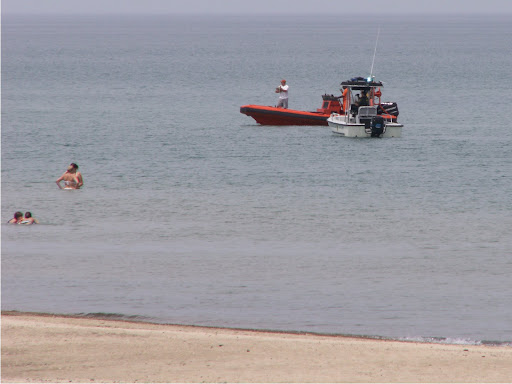

WEATHER NOTE
The corps reports other Great Lakes have experienced increased levels as well, with Lake Superior 16 inches higher than a year ago. The rise in Lake Michigan means the lake has added approximately 3.12 trillion gallons since a year ago.
Blistering heat continues to grip the southern Plains. The heat has anchored northwest jet-stream winds over the area, which have slowed the eastward expansion of hot air in recent months.
MARITIME NOTE
FROM THE DECK OF gCAPTAIN.....
Windoc Incident - Story Behind YouTube’s Most Chilling Video
July 21st, 2008 ·
 Windoc Damaged and at anchor after collision and fire"
Windoc Damaged and at anchor after collision and fire"
The Windoc blocks the canal. Alex Howard
In August 2001 the Bulk Carrier Windoc was lined up on the Welland Canal’s Bridge 11 in Ontario Canada. After recieving the flashing amber approach light indicating that the bridge operator was aware of the vessel the captain lined up on the centerline and maintained a speed of 5 knots. Minutes later while the vessel was half way through the bridge started descending.
A Time for Restraint: Maritime Disasters Usually Not What They Seem…
Cosco Busan case and a new crisis on the Mississippi River attracting speculation and needless drama – and sometimes, grandstanding.
I briefly considered putting together a couple of news articles regarding either the latest Cosco Busan case developments or the Mississippi River for the online edition this week, but what passes for "fact" seems to change so fast that I am quite sure I'd get it wrong. Hence, I'm going to let others make suppositions and prognosticate about what happened, didn't happen or who is to blame. However, that won't stop me from wondering if those who have continuously excoriated Captain John Cota in the news might just be backpedaling a notch or two.
In the latest twist out west, the Cosco Busan operator is now accused of fabricating records to hinder the NTSB and DOJ probes of the November 2007 allision in San Francisco Bay (see the USDOJ press release elsewhere in this e-newsletter). I don't know who else can be charged for what else, but it is getting pretty hard to follow along without a scorecard. To say that this has been the most bizarre set of circumstances I have ever witnessed in relation to any maritime accident would be a gross understatement. I've said it once before and I'll reiterate for you again: I'm not going to make any suppositions or predictions in this case.
Too often, we in the maritime industry are collectively quick to come to conclusions in any matter brought before us. I know that I received scores of "submitted articles" in the months that immediately followed the Cosco Busan allision, each purporting to know what went wrong, how and who was to blame. I'm glad that, at least in this case, I largely refrained from piling on or providing a venue for these papers. The only thing that I am sure of right now is that a great deal went badly wrong on that day and that the end result of all of it is going to be painful for a lot of people, companies, the environment and the list goes on…
Further east, on the mighty Mississippi River, a Liberian-flagged oil tanker collided with a US-flagged fuel barge near downtown New Orleans on Wednesday morning. According to official sources, as much as 375,000 gallons (8928 barrels) of oil spilled from the barge into the river. The incident resulted in the partial closure of one of the nation's most important waterways as a massive response was organized. The NTSB announced that they had an investigative team on the way at about the same time that the Coast Guard reported, "Representatives from the tug boat, Mel Oliver, report that there were no properly licensed individuals on the vessel during the time that the incident occurred."
It is again tempting to write my own piece about the Mississippi River collision and related oil spill, but I think I'll pass again. For example, I'm quite sure that any number of people will now speculate about the absence of "licensed individuals" on the vessel at the time of the collision. Like the Cosco Busan casualty, however, you can be sure that the general public – like you and I – are only looking at the tip of the iceberg in terms of the facts. At this point, the best any of us can do is look at the official news releases and get out of the way. There is serious work to be done.
In his AM e-newsletter today, Holland & Knight's Dennis Bryant succinctly outlined events happening on the Mississippi River and also told his readers, "The pressure on the Coast Guard will be intense due to the economic impact of the closure. Please be assured that everyone will be working on completion of this mission will all due dispatch. Now is not the time to divert resources to respond to inquiries from the media and others that can await a more in-depth analysis." I think that's pretty good advice.
In contrast, another press release, this time from a well-known Washington politician, characterized the Mississippi River incident as "Nothing Less Than a Tragedy." This gem of wisdom came from Congressman Elijah E. Cummings (D-MD), who also reassured all of us that "…my colleagues on the Subcommittee and I will be thoroughly examining the causes leading up to this devastating event." Well, duh. Cummings also said that it was his hope that "the members of the U.S. Coast Guard will approach this incident with the same effectiveness and efficiency that was demonstrated in the aftermath of Hurricane Katrina, and I will be in close communication with them to ensure that this is the case."
I don't know about you, but I'm not going to sleep better tonight knowing that a Washington politician will be micromanaging the very people that are responding to this incident and spill. And, as others have said far better than I could do it, "Now is not the time to divert resources to respond to inquiries from the media and others…" The temptation to grandstand in these situations is enormous, especially when there are points to be scored. It's a little like having an aspiring presidential candidate fly into the middle of a disaster for a photo opportunity. Instead, I think we should all keep our eyes on the ball; and by that I mean, let the Coast Guard do their job unencumbered and the investigators sort out the mess.
Joseph Keefe is the Managing Editor of THE MARITIME EXECUTIVE. He can be reached with comments and/or questions on this or any other article in this newsletter at jkeefe@maritime-executive.com.
RS










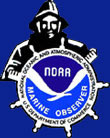





















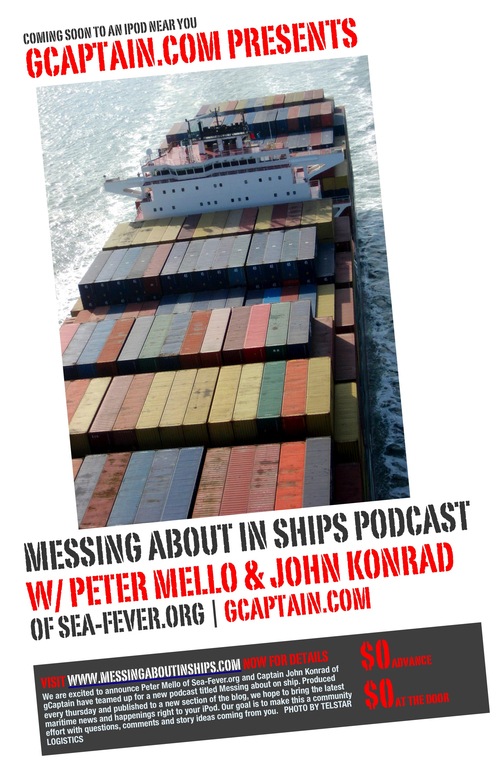
























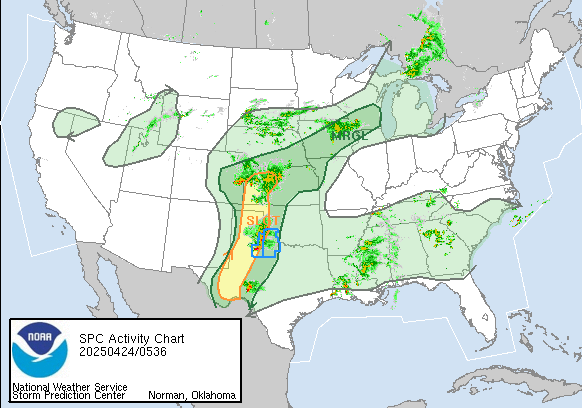
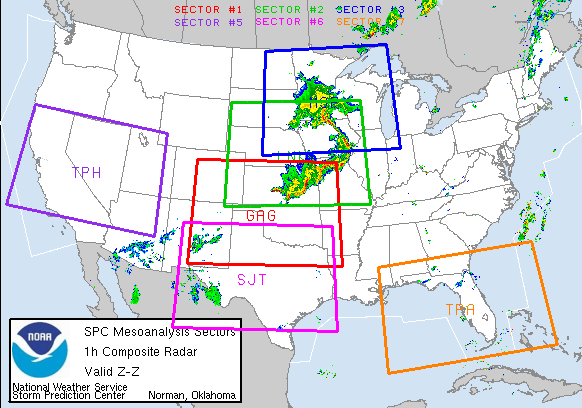














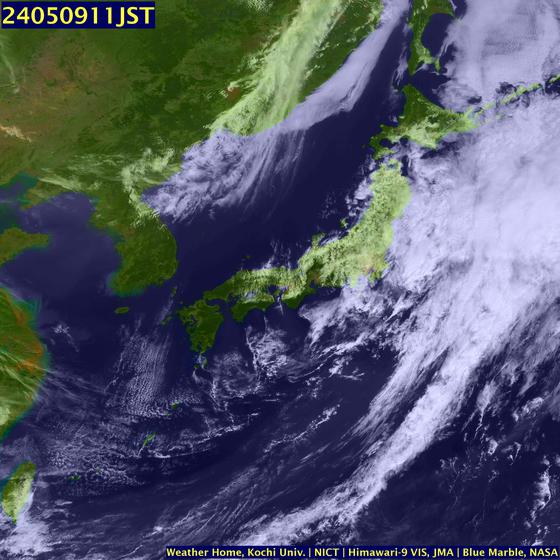

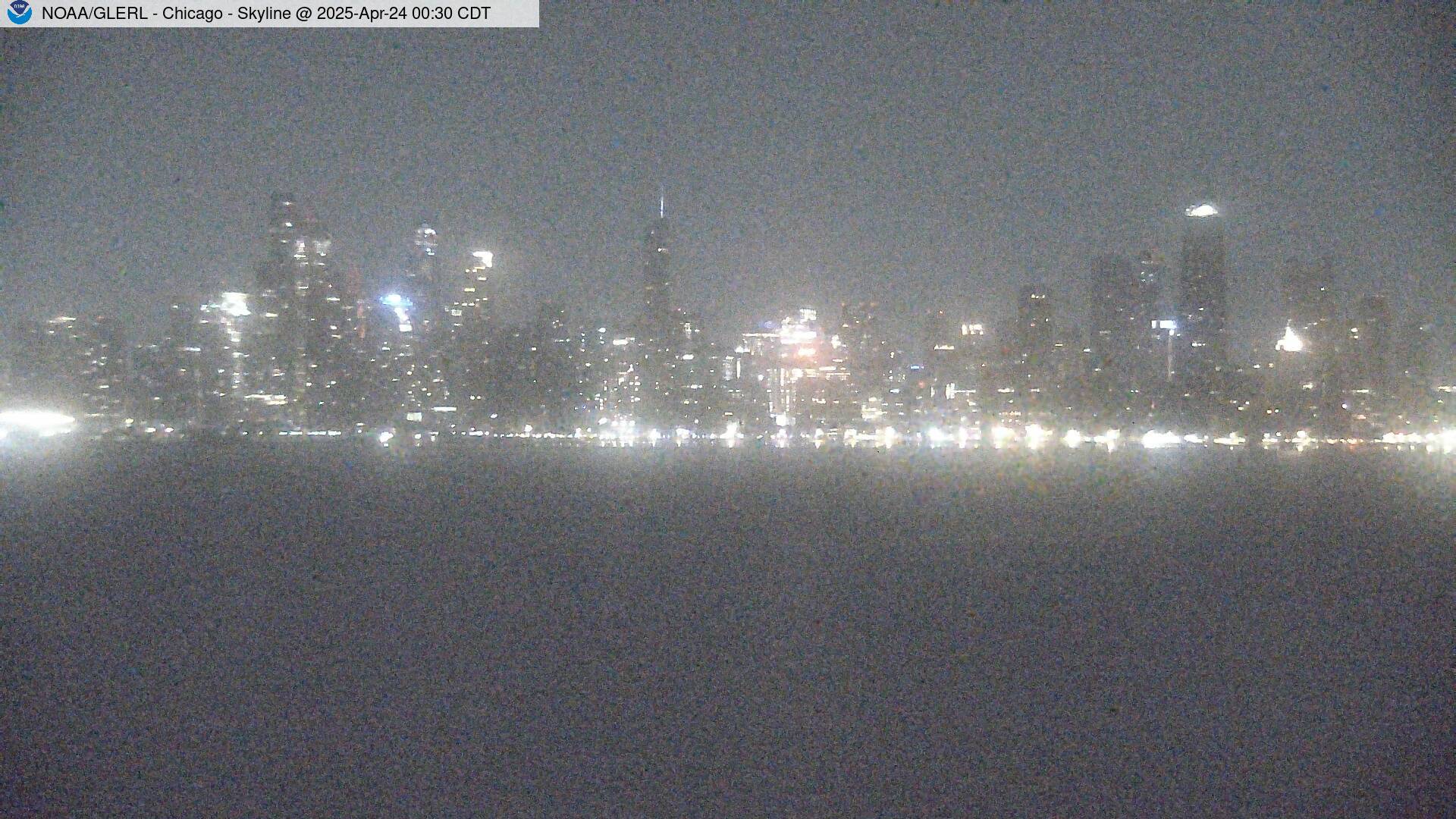












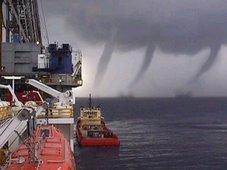
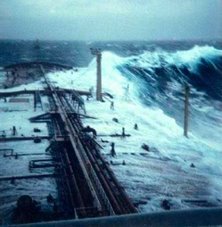
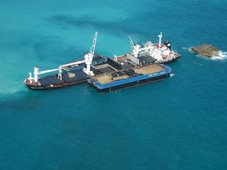
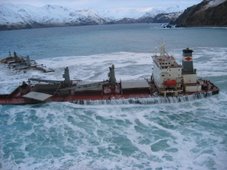
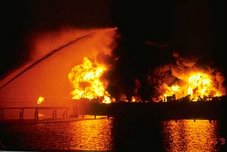
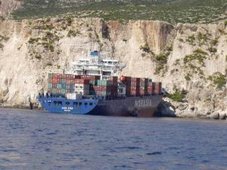
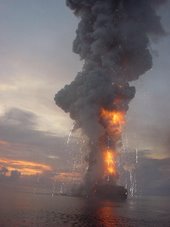



![Validate my RSS feed [Valid RSS]](valid-rss.png)